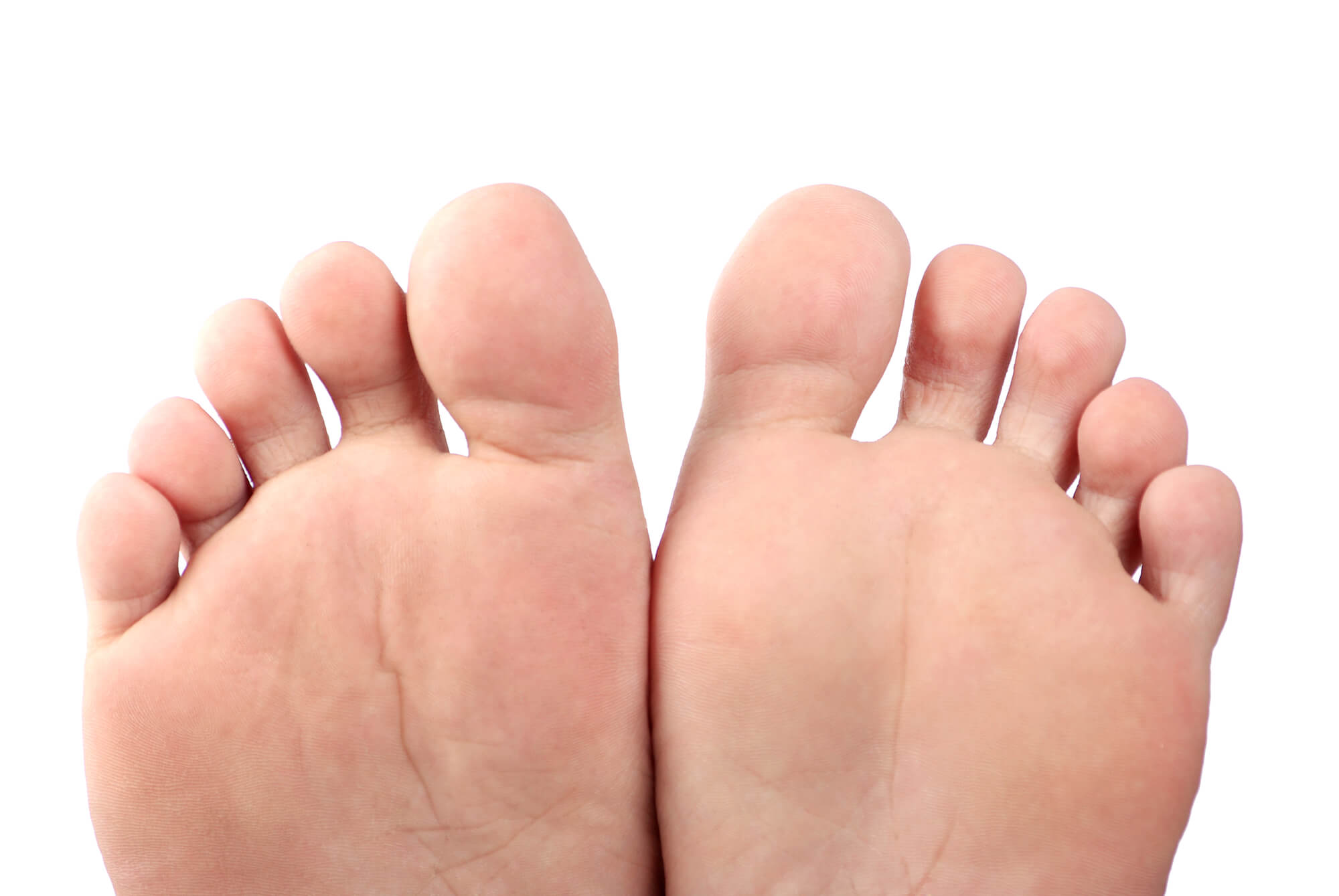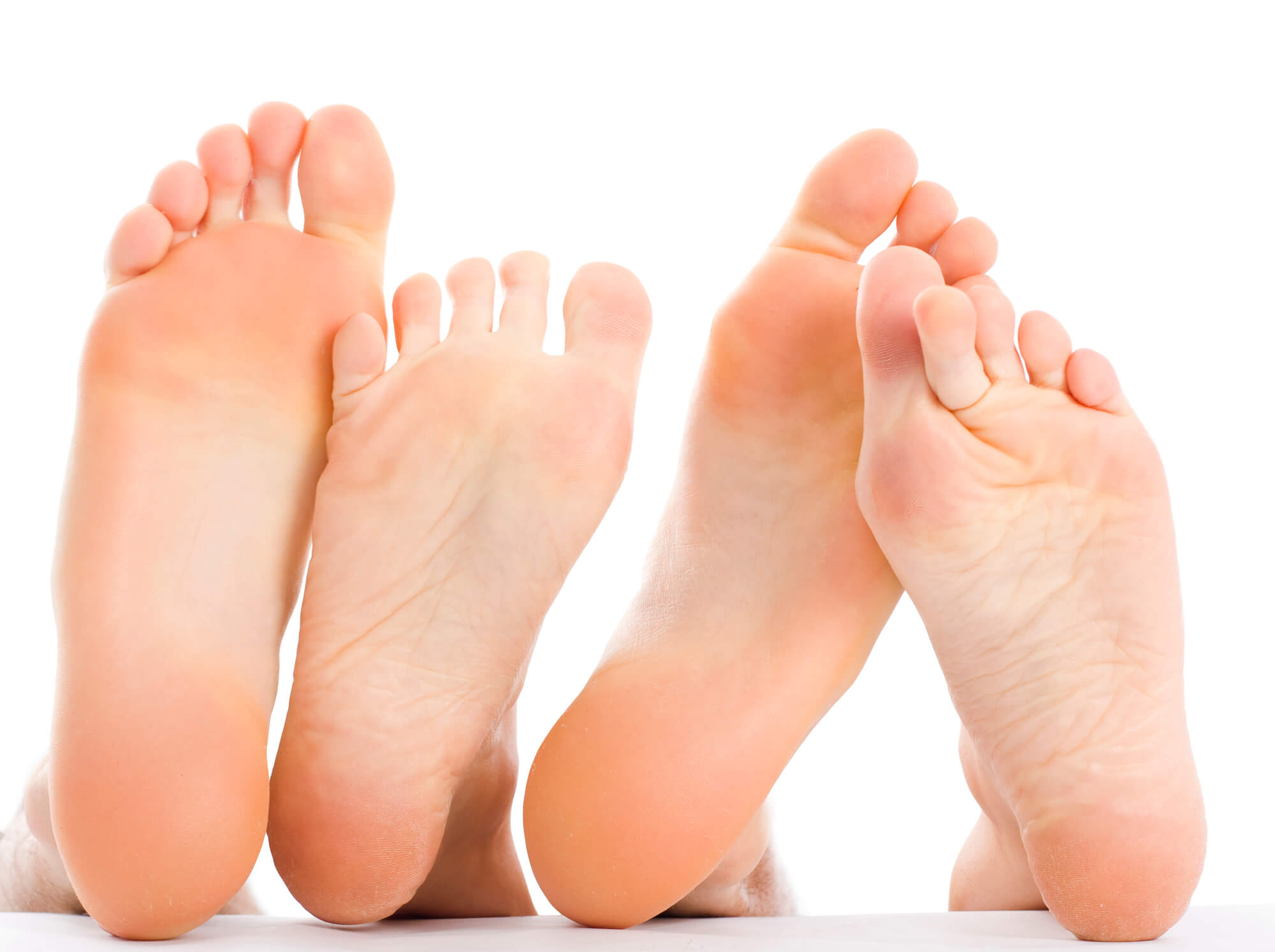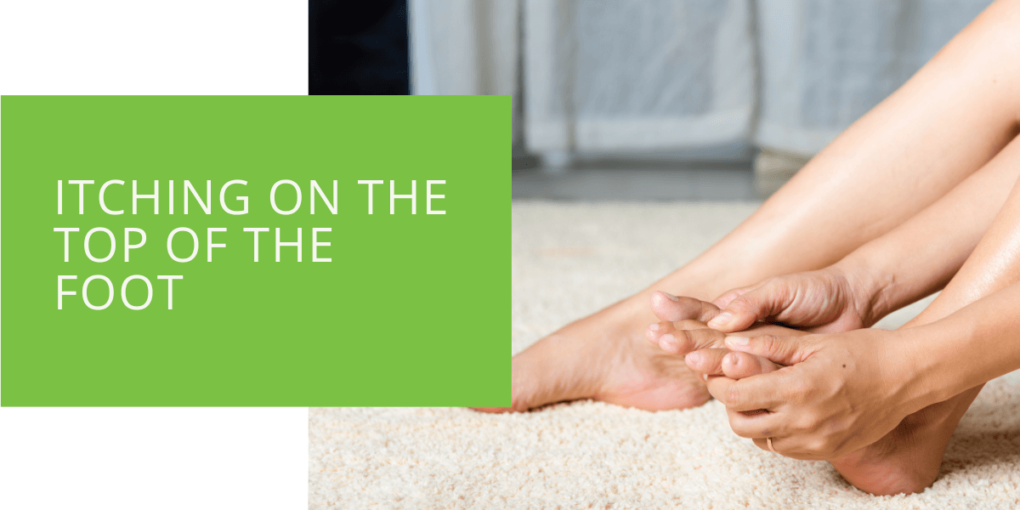Understanding Itching on the Top of the Foot
Have you ever found yourself driven to distraction by that relentless itch on the top of your feet? It's a universal experience, a constant annoyance that can disrupt your daily life. But what lies behind this enigmatic itch, and how can you find the much-needed relief you crave?
In this comprehensive guide, we embark on a journey to decode the mysteries of itching on the top of your feet. We'll dive deep into the multifaceted world of this persistent itch, unraveling its various causes, providing practical remedies, and guiding you on the path to comfort and well-being. From common culprits such as dry skin and fungal infections to the intricate realms of dermatitis, eczema, and psoriasis, we will leave no stone unturned.
As we navigate this intriguing terrain, we'll employ expert insights and the latest knowledge in the field of podiatry, ensuring that you receive not only clear and accessible information but also actionable steps to conquer that maddening itch. Your journey toward understanding, relief, and expert guidance begins here. So, let's embark on this enlightening exploration together, uncovering the secrets behind itching on the top of your feet and discovering the path to ultimate comfort and well-being.
Key Takeaways
- Itching on the top of the foot can be caused by various factors, including dry skin, fungal infections, dermatitis, and psoriasis.
- Effective remedies for foot itching include moisturizing for dry skin, using antifungal creams for fungal infections, and consulting a dermatologist for dermatitis and psoriasis.
- It's important to seek medical attention if itching persists, changes in skin appearance occur, or if there are signs of an allergic reaction or liver disease.
Common Causes of Itching on the Top of the Foot
Dry Skin: A Frequent Culprit
Dry skin is a leading cause of itching on the top of the foot. When the skin loses its natural moisture, it can become dry, flaky, and itchy. Several factors can contribute to dry skin on the feet, including:
- Weather Conditions: Extreme temperatures, especially cold and dry weather, can strip the skin of moisture.
- Dehydration: Not drinking enough water can affect the skin's hydration levels.
- Harsh Soaps: Soaps containing harsh chemicals can strip away natural oils.
Remedy: To alleviate itching caused by dry skin, moisturize your feet regularly with a quality foot cream. Look for creams that contain ingredients like urea, which helps lock in moisture. Additionally, avoid hot baths and showers, as they can further dry out the skin.
Fungal Infections and Pruritus
Fungal infections, such as athlete's foot, are notorious for causing itching on the top of the foot. These infections thrive in warm, moist environments, making the feet an ideal breeding ground. Common factors contributing to fungal infections include:
- Sweating: Excessive sweating can create the perfect conditions for fungi to grow.
- Tight Shoes: Shoes that don't allow proper ventilation can trap moisture.
- Public Places: Walking barefoot in public areas like locker rooms and swimming pools can expose your feet to fungi.
Remedy: Over-the-counter antifungal creams can effectively treat fungal infections. Be sure to keep your feet clean and dry to prevent recurrence. Choose moisture-wicking socks and breathable shoes to discourage fungal growth.

Dermatitis: The Underlying Culprit
Contact Dermatitis
Contact dermatitis occurs when your skin reacts to an irritant or allergen. The top of the foot can be exposed to various potential irritants, including:
- Fabrics: Certain materials present in shoes or socks can irritate the skin.
- Detergents and Soaps: Residue from laundry detergents and soaps can trigger contact dermatitis.
- Plants: Contact with plants like poison ivy can lead to dermatitis.
Remedy: Identifying and avoiding the irritant is key. Topical creams or ointments prescribed by a dermatologist can help alleviate symptoms. Consider hypoallergenic or fragrance-free products for your footwear and laundry.
Atopic Dermatitis (Eczema) and Its Impact on the Top of the Foot
Eczema, a chronic skin condition, can also lead to itching on the top of the foot. Eczema often presents with red, inflamed patches of skin that can become intensely itchy. Factors contributing to eczema on the feet include:
- Genetics: A family history of eczema increases the risk.
- Allergens: Exposure to pollen or pet dander can trigger eczema flares.
- Stress: High stress levels can exacerbate eczema symptoms.
Remedy: Managing itching related to eczema involves using moisturizing creams and avoiding known triggers. Consult a dermatologist for prescription treatments if needed. Stress reduction techniques like meditation or yoga may also be beneficial.
Psoriasis: A Complex Skin Condition
Psoriasis, an autoimmune skin condition, can manifest on the top of the foot, resulting in red, scaly patches and severe itching. The exact cause of psoriasis is not fully understood, but genetic and immune system factors play a role.
Remedy: Treatment options for psoriasis may include topical steroids, light therapy, or oral medications. Consult a dermatologist for a tailored approach. Psoriasis management may also involve lifestyle adjustments and stress reduction techniques.
Nocturnal Itching: Understanding Nighttime Foot Itching
Have you ever experienced the frustration of foot itching keeping you awake at night? Nocturnal itching can be particularly bothersome. Several factors contribute to this phenomenon, including increased blood flow to the skin at night and the body's natural circadian rhythms.
Remedy: To reduce nighttime itching, cool your feet and apply a mild, fragrance-free moisturizer before bedtime. If itching persists, consult a dermatologist for further evaluation.

When to Seek Medical Attention
While many cases of itching on the top of the foot can be managed at home, specific situations warrant professional evaluation. Here are signs that indicate it's time to consult a healthcare provider:
- Persistent Itching: If your foot itching does not improve with over-the-counter remedies.
- Changes in Skin Appearance: Any unusual changes, such as blisters, sores, or rashes, should be examined.
- Nocturnal Itching: Nighttime itching can be indicative of an underlying medical condition.
- Suspected Allergic Reaction: If you suspect an allergic reaction to a substance, especially if it involves swelling or difficulty breathing.
- Liver Disease: In some cases, itching on the top of the foot can be a symptom of liver disease. Seek immediate medical attention if you have other signs of liver problems, such as jaundice.
Preventing Itching on the Top of the Foot
Preventing itching on the top of the foot involves adopting good foot care practices and being vigilant about potential triggers. Here are some tips:
- Hydrate: Ensure you maintain adequate hydration to prevent dry skin.
- Footwear: Choose breathable shoes and moisture-wicking socks to discourage fungal growth.
- Foot Hygiene: Wash your feet daily, especially after sweating, and ensure they are thoroughly dry.
- Avoid Irritants: Be cautious with new skincare products and materials that come into contact with the top of your foot.
- Manage Stress: High stress levels can exacerbate itching, so consider stress-reduction techniques.
Conclusion
Itching on the top of the foot can be frustrating and uncomfortable. Understanding its causes and remedies is essential for finding relief. As experts in podiatry, we are here to assist you in your journey to alleviate the itch and regain comfort. If you're struggling with persistent or severe itching, don't hesitate to schedule an appointment with our podiatry clinic. Your well-being and comfort are our top priorities.
Don't let itching on the top of your foot disrupt your life. Take proactive steps to address the underlying causes and regain the comfort you deserve.
FAQ
Why are the tops of my feet itchy?
Itching on the tops of your feet can be due to various causes, including dry skin, fungal infections, dermatitis, eczema, psoriasis, or contact with irritants or allergens.
Why do the tops of my feet itch when I go to bed?
Nocturnal itching on the tops of your feet can be attributed to factors like increased blood flow to the skin at night, changes in temperature, or skin conditions such as eczema or psoriasis.
Are itchy feet a symptom of diabetes?
Itchy feet can sometimes be associated with diabetes, particularly due to nerve damage or poor circulation. However, itchy feet alone are not a definitive symptom of diabetes, and a medical evaluation is necessary for an accurate diagnosis.

